Description
He wrote Psychology of the Unconscious on the eve of World War I, after separating from his friend and teacher, Freud. But later, based on his psychological experiences and the wisdom and insight he had acquired, he supplemented and refined it many times. So that this book contains all the important features of Jung’s psychology.
About the psychology of the subconscious mind
Carl Gustav Jung wrote the book Psychology of the Subconscious on the eve of World War I and after his separation from his friend and teacher Freud, but later, based on his psychological experiences and wisdom and insight, he completed and edited it many times. So that this book contains all the major features of Jung’s psychology and his wise theory.

The subconscious mind is divided into two layers: the individual layer and the collective layer. The individual layer leads to the revival of the oldest themes of childhood. The collective layer includes pre-childhood time, that is, it contains the themes of the ancestral life. Psychology of the subconscious mind is one of Jung’s most famous works, which aims to give the reader the ability to find his subconscious mind by knowing Jung’s theory of psychology.
According to critics of the author’s works, everything Freud left unsaid was completed by Jung. Carl Gustav Jung was a Swiss psychiatrist and thinker best known for his work in psychology and his theories of analytical psychology. Jung, along with Sigmund Freud, is considered one of the founders of the new science of psychoanalysis.
From the introduction of the book: The hidden conscience or the undiscovered soul is the answer to the current global critical issues. This is perhaps Jung’s most effective and prophetic book. In our society, there is no more fundamental problem than the tragic plight of the individual in today’s super-organized world.
The new man has surrendered many of his liberties, such as political, religious, moral, and spiritual liberties, to the oppressive forces of mass society. Jung devotes all his efforts to the goal of self-knowledge and self-examination. The Undiscovered Soul is a book that opens and opens the eyes of many people to the new life of Jung Faraday. The average reader may not understand the depth, but he or she can understand what Dr. Jung is saying in this book. In any case, I suggest that readers look at this book with an open and conscious mind, what a skeptical and superficial view may not be enough.
About the author
Carl Gustav Young (1875-1961) was a Swiss psychiatrist, a powerful thinker, and the founder of analytical psychology (also known as Jangin Psychologist). Yang’s mainstay in psychology has been very influential in the field of psychoanalysis (psychoanalysis) and the fight against countercultural movements in the world. Jang was the first modern psychologist to state that the human psyche is commensurate with his religious nature and his exploration of the depths of his emotions. Most of his major works include Analytical Psychology: Theory and Its Practice, Man and His Symbols, Memories, Dreams, Reflections, Works by Carl Jang, and The Red Book.
Mohammad Ali Amiri, born in 1307 AH, is a graduate of Educational Sciences and Educational Psychology from the Jean-Jacques Rousseau Institute, University of Geneva, Switzerland. Amiri is one of the few Iranians to have been a student of Jean Piaget, a child psychologist and the founder of developmental epistemology.
He entered government services in 1341 and served in the Program and Budget Organization and the Ministry of Education in the fields of planning and modernization of educational affairs.
He has received many reviews, reviews and translations in the field of education; Among them: the basic role of education in the reconstruction and modernization of Iran, the problems of Iranian education, the role of the private sector in Iranian education, the causes of cultural reform in France, academic failure in primary education and ways to deal with it ), Thinking about future developments in education.
1- Introducing the book Psychology of the Unconscious on YouTube
2- Introducing the book Psychology of the Unconscious in Aparat

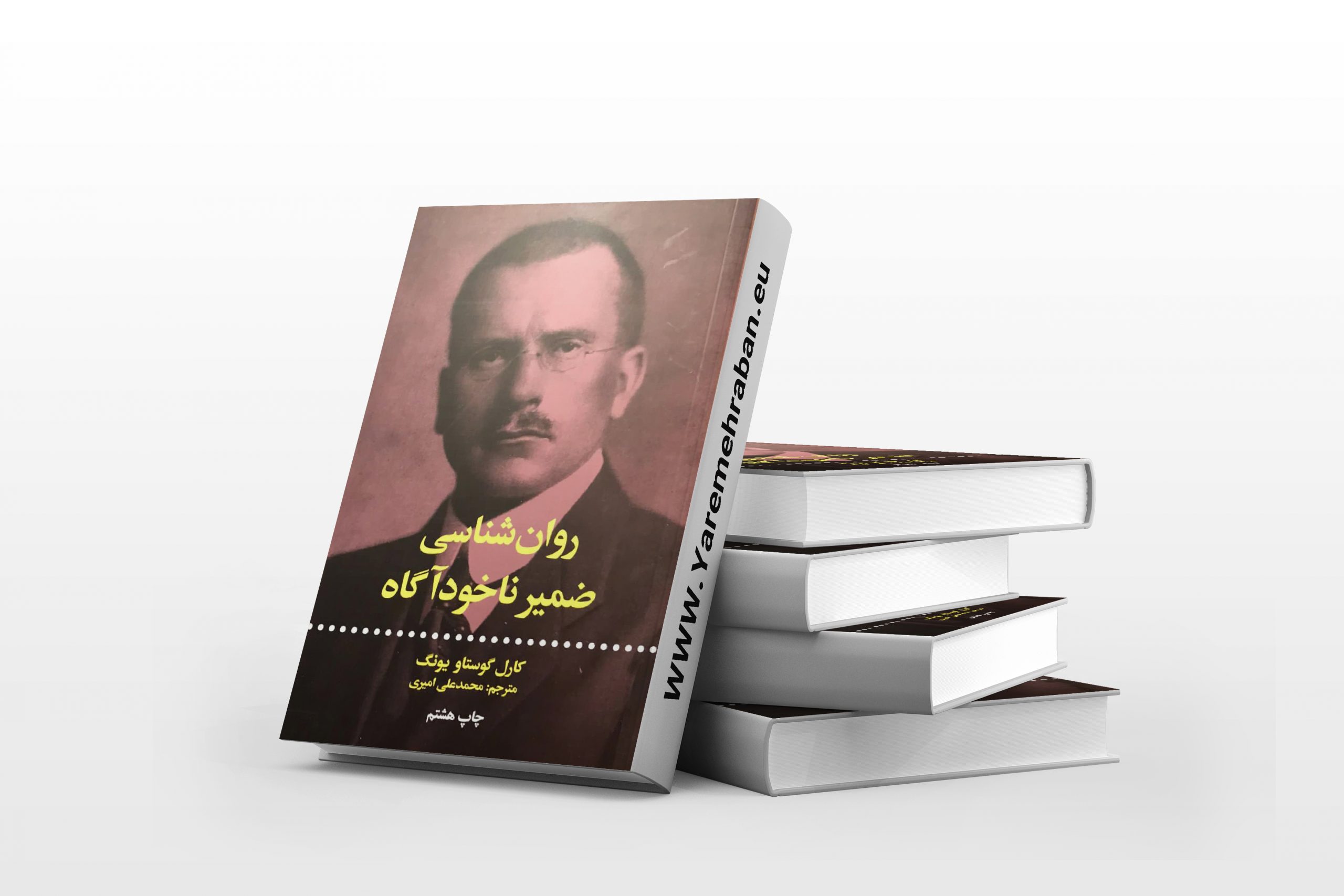


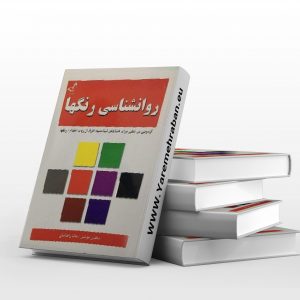



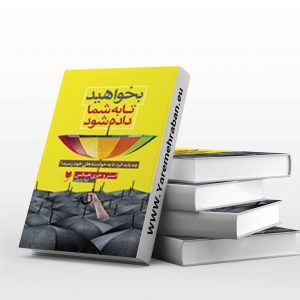

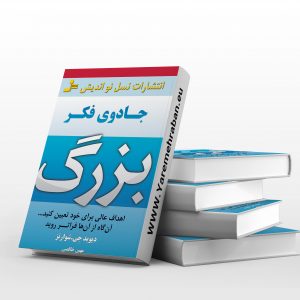


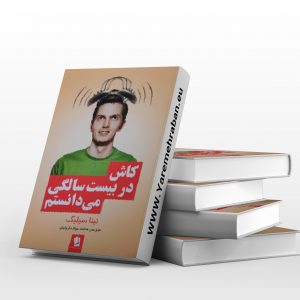
Reviews
There are no reviews yet.